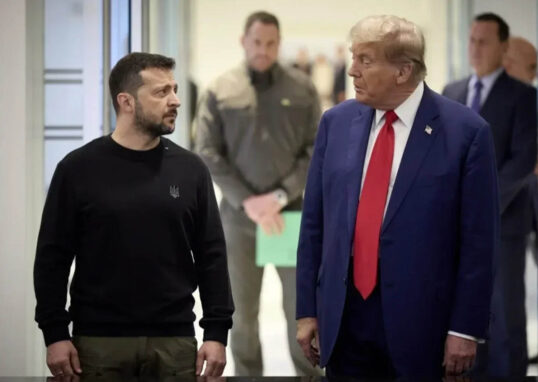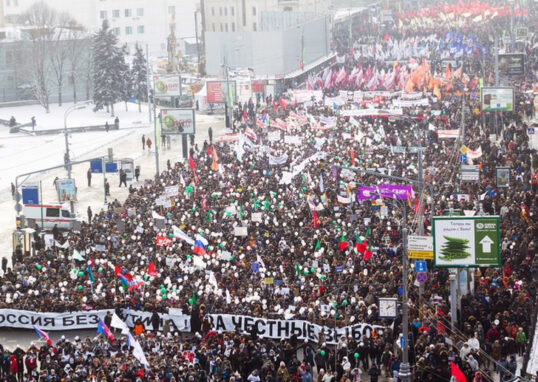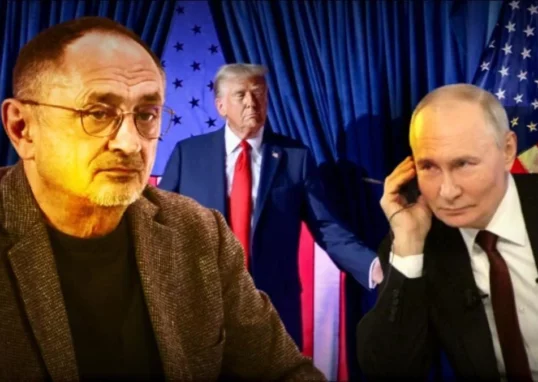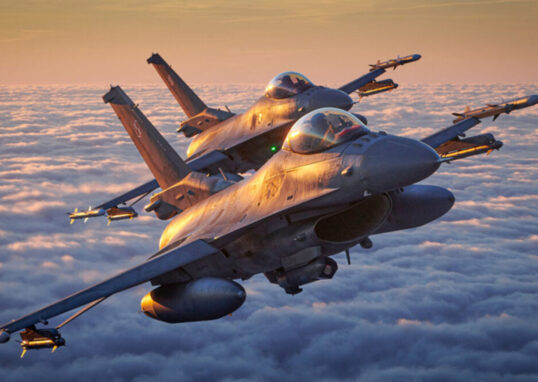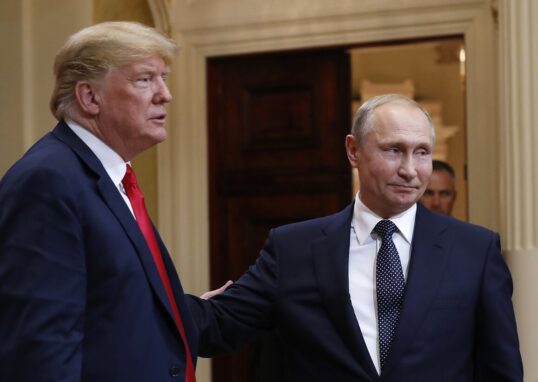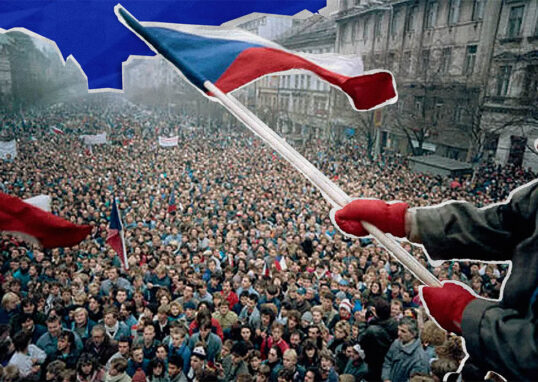Why Putin has no reasons to send in the troops
The discussion of a possible Kremlin military invasion into Belarus was launched by the Kremlin media during long-lasting confrontation between Alexander Lukashenko and Moscow in 2019. Then, the Kremlin was coercing Lukashenko to speed up the deep integration under the Union State. This discourse had a primary goal to intimidate Lukashenko. For six months, various speakers on Russian political TV talk shows spinned this topic in different ways. Now, within the ongoing political crisis in Belarus, a wide range of American and European analysts published their articles on the possibility of Moscow’s hard power actions – including military intervention.
This alarmism is poorly justified and rests on an inadequate understanding of the Kremlin’s goals in relation to Belarus.
To remove Lukashenko, Putin needs no military intervention. It is enough for Vladimir Putin to declare publicly on Monday (or any other) morning that Lukashenko has gone too far and is not anymore legitimate. By Wednesday evening the overwhelming majority of the military and civilian ruling elite of Belarus would step onto Putin’s side. Because they are already left with no other perspective.
The Kremlin will not use military intervention to support Lukashenko. Russia is already providing assistance to Lukashenko: by offering its media resources, public criticism of Tsikhanouskaya and the Coordination Council, as well as political statements demanding non-intervention of the European countries into Belarusian affairs. All this is not because the Kremlin is interested in keeping Lukashenko in power. It’s because now any support increases Lukashenko’s debt to the Kremlin. If Lukashenko remains in power, he will be forced to pay off this debt for the rest of his term.
Military intervention is directly opposite to what the Kremlin wants. After Lukashenko let the Kremlin’s operating managers into his realm, Putin has the opportunity to take control over both civil and military administration in Belarus without any use of military forces.
The alarmism around the prospect of military intervention obscures the Kremlin’s real strategy. However, that strategy is being openly spelled out by the Russian official speakers and is being visibly promoted within the narratives of Kremlin media. It contains five points.
- Non-intervention of the West and discreditation of any European support to the Belarusian society to make sure no Western alliance will be built around the demands for new fair elections. This line is being pursued by Sergey Lavrov and the Kremlin’s media. A few Telegram channels report (without references to sources) that allegedly the Kremlin may, for the sake of strengthening its reputation in the West, build an alliance with Berlin, Paris, or the European Union in order to force Lukashenko to arrange new fair elections – but this information must be treated critically. Should Vladimir Putin be willing to force Lukashenko to organize new elections, this will be made entirely on his own. He will not agree to any true compromise or alliance with Western democracies to solve the Belarusian case. For him, this would’ve meant giving away a part of his ‘shares’ with no payoff whatsoever.
- Imposing a change in the composition of the Coordination Council: to include a group of high-profile politicians, loyal to Kremlin instead. Such people on the Coordination Council will clearly ensure the preservation of relations between Moscow and Minsk in the Kremlin’s interest. These people will completely fit Putin’s expectations should Lukashenko be ‘hospitalized’ (thus making new elections inevitable). Removing Tsikhanouskaya from the scene or completely side-lining her.
- Driving Lukashenko deeper into debt to Kremlin.
- Sending more Moscow media workers, political strategists, FSB groups, cybersecurity experts (etc.) to Minsk to seize all control over the state apparatus (regardless of whether Lukashenko remains in power in the next three months or not).
- Shaping an attractive image of further integration with Russia within the Belarusian society.
Belarusian society is in a difficult situation. It needs the active support of democratic countries. The demand for Lukashenko to leave the political scene reflects popular expectations in today’s country. The social movement is becoming a lot wider and engaging nationwide. There is no need to intimidate it and scare people with the Kremlin’s military intervention that in fact will not happen. The narrative of Russian intervention is intentionally promoted by those who want to persuade society to agree to the constitutional reform proposed by Lukashenko. This is the wrong path.
